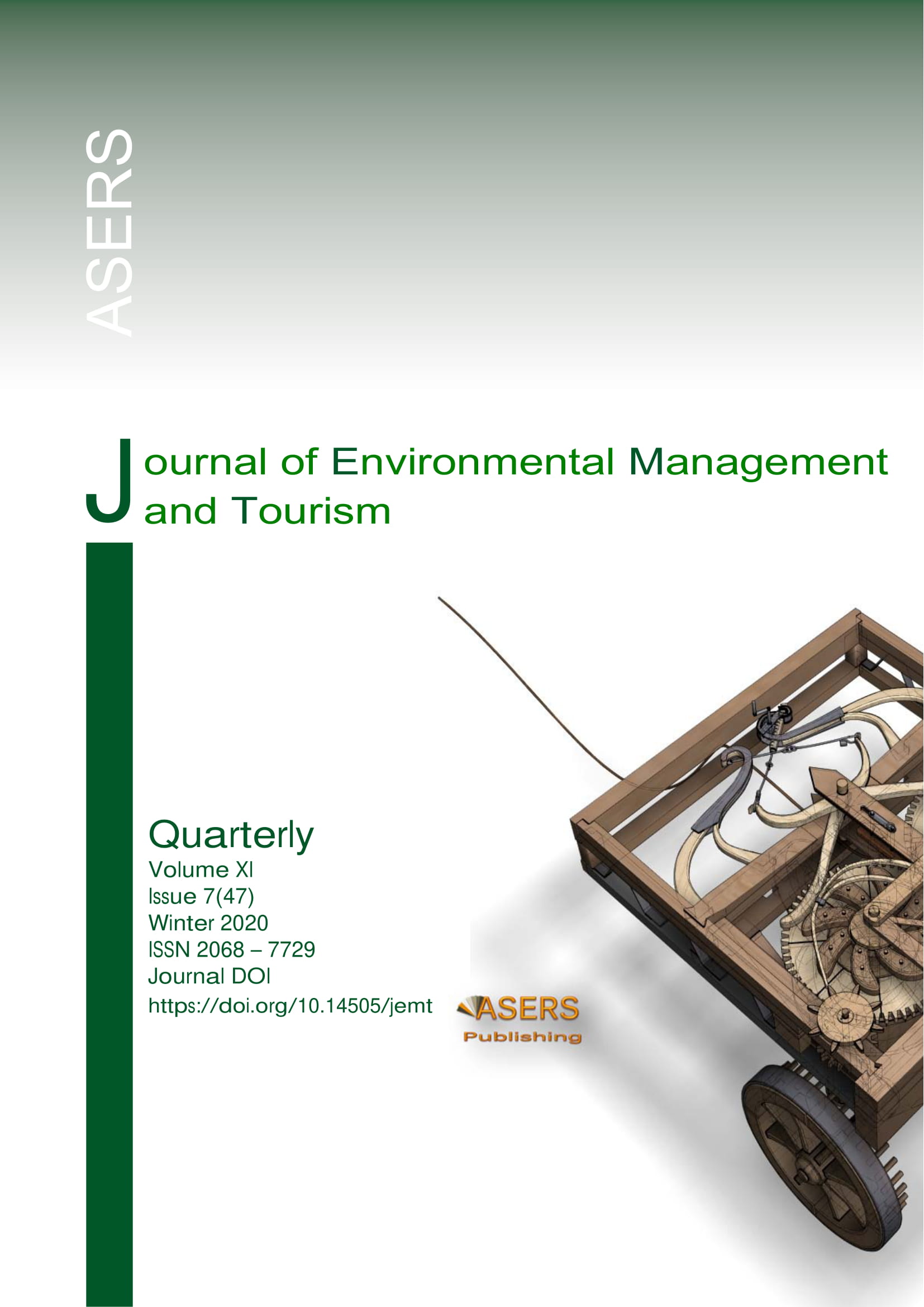Greenhouse Gas Emissions from Household Waste in Denpasar City
Greenhouse Gas Emissions from Household Waste in Denpasar City
Author(s): Made Armadi, Wayan SUARNA, Made SUDARMA, Made Sudiana MAHENDRA, Nyoman SUDIPASubject(s): Economy, Business Economy / Management, Energy and Environmental Studies
Published by: ASERS Publishing
Keywords: waste; household; emissions; greenhouse gases; Denpasar;
Summary/Abstract: The increasing population growth and changing consumption patterns of the people have resulted in an increase in the volume, type and characteristics of waste. The rate of waste production continues to increase, not only in line with the rate of population growth but also in line with the increasing consumption patterns of society and the level of people's income. The solid waste sector is one of the sources of greenhouse gas emissions that is important to address because the decomposition of waste is a significant source of CH4 whose addition to the atmosphere contributes to climate change, so regional and national mitigation actions in the waste sector are very important. the increase in greenhouse gases caused by human activities in producing greenhouse gases is greater than the ability of the environment to repair itself. The greenhouse gas produced exceeds the ability of the environment to recycle so that greenhouse gases accumulate in the atmosphere. The increase in emissions of CO2, CH4 and N2O gases in the atmosphere causes various problems, including changes in the nature of the climate which have an impact on climate change. The problem of garbage in Denpasar City cannot be separated from various factors because Denpasar City is the capital of Bali Province, the center of education, the center of the economy and is one of the tourist destinations with a cultural perspective, resulting in a high population growth rate which has an impact on the volume of waste, one of which is household waste. Community behavior in managing household waste plays a role in causing greenhouse gas emissions, such as the act of burning garbage and littering. Efforts to reduce greenhouse gas emissions in the City of Denpasar are carried out through composting, reuse, reduce and recicle activities both at the community level and in landfills. Achievement of reducing greenhouse gas emissions based on mitigation actions in the domestic solid waste sub-sector in Denpasar City for the period 2010 to 2019 was 17.2 Gg CO2e with weighting of reducing greenhouse gas emissions from composting by 15.1 Gg CO2e and the rest from 3R activities of 2.1 Gg CO2e.
Journal: Journal of Environmental Management and Tourism (JEMT)
- Issue Year: XI/2020
- Issue No: 07 (47)
- Page Range: 1750-1760
- Page Count: 11
- Language: English
- Content File-PDF

